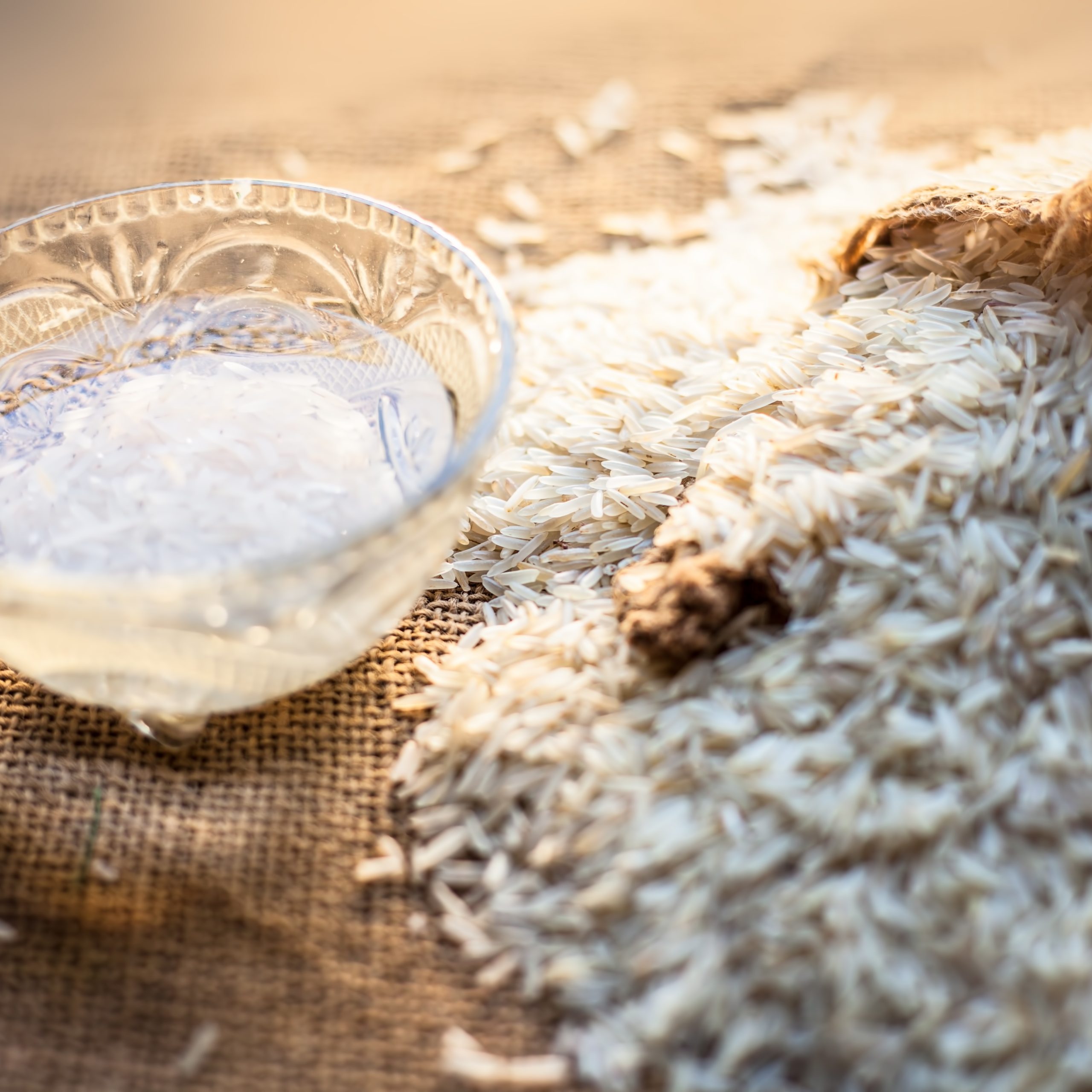Tokyo researchers uncover key to efficient fertilizer use in rice

A research team from the University of Tokyo, led by Associate Professor Yoshihiro Ohmori, Special Researcher Nobuhiro Tanaka, Project Lecturer Kiyoshi Yamazaki, and Professor Toru Fujiwara, says it has made a discovery with significant implications for agricultural science. Their findings center on the OsbZIP1 gene, which plays a crucial role in enhancing nutrient uptake and utilization in rice plants and could help to make farming more sustainable.
Published in The Plant Journal, the study elucidates the genetic mechanisms that underlie improved initial growth and nutrient efficiency in rice plants, particularly in the uptake and utilization of nitrogen and inorganic phosphorus — key components of fertilizers. The research identifies a mutant, 88n, characterized by an altered OsbZIP1 gene, as demonstrating not only superior growth but also increased ear weight, suggesting that manipulation of this gene could lead to crop varieties that require less fertilizer.
This breakthrough is particularly significant in the context of global environmental concerns. The production of nitrogen fertilizers is heavily energy intensive, and relies on fossil fuels, while phosphorus fertilizers are derived from limited phosphate ore reserves. By enabling rice plants to utilize more efficiently these critical nutrients, the modification of the OsbZIP1 gene offers a pathway to more sustainable agricultural practices.
The team’s findings extend beyond mere academic interest; they have practical implications for the development of crop lines adaptable to low-fertilizer conditions. Such advancements are crucial in the effort to mitigate the environmental impact of fertilizer production and use, offering a more sustainable solution to food production challenges.

Special Researcher Nobuhiro Tanaka emphasized the broader implications of their work, expressing hope for the realization of crop cultivation with reduced fertilizer needs. “By modifying the OsbZIP1 gene discovered in this research, we expect to realize crop cultivation with reduced fertilizer input. Such low-input cultivation contributes to a sustainable and stable food supply,” Tanaka said. The team plans further trials across various regions and conditions to harness the full potential of the OsbZIP1 gene for low-input agriculture, aiming at a future where sustainable food production is not just an ideal, but a reality.
Source: Science Japan



